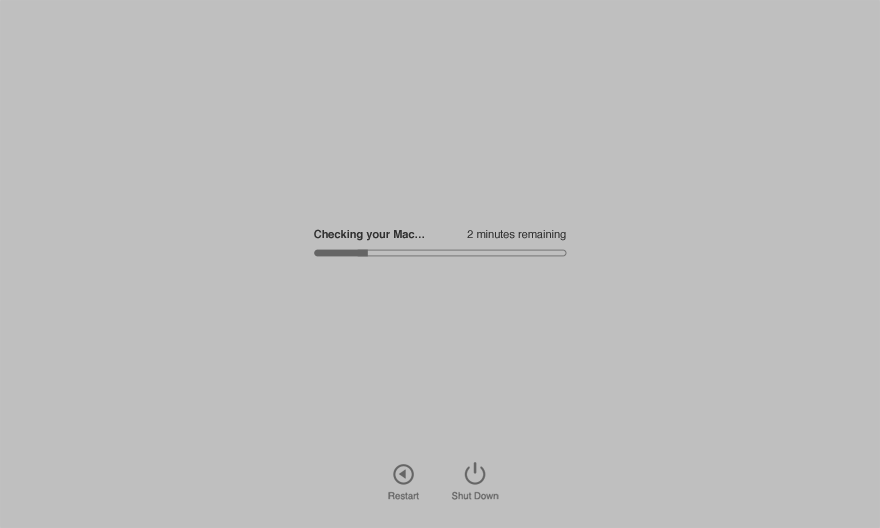

And the way to run Apple Diagnostics on the M1 Mac is a bit different from an Intel-based Mac. How do you start Apple Diagnosticsīooting your Mac into Apple Diagnostics is quite simple, but you need to prepare well before starting it. The AHT works similar to Apple Diagnostics, and it should give you the same information you need to fix your hardware issues. Diagnostic Mode on Mac helps check the hardware issues of the logic board, RAM, battery, and wireless components of Mac.īesides, older Mac models before June 2013 run a similar program called Apple Hardware Test (AHT). Today we're going to talk about what Apple Diagnostics test is and how to use it.Īpple Diagnostics, also known as Apple Hardware Test, is a special booting mode on MacBooks to locate where the problematic hardware component is. When you think your Mac has a hardware problem, Apple Diagnostics is capable of helping you find which hardware component might be faulty.

Generally, though, starting with the shorter, standard test is a good idea. The extended test is a good option if you suspect an issue with the RAM or video/graphics. If the issue persists, make an appointment at an Apple Store. The Apple Hardware Test supports two types of testing: a standard test and an extended test. Hold D on boot to run Apple Diagnostics and follow the instructions if any errors are found.Release when you see a progress bar or you're asked to choose a language. If the configuration information appears to be correct, you can proceed to the testing. Intel processor Turn on your Mac, then immediately press and hold the D key on your keyboard as your Mac starts up.If the configuration information doesn't match up, you may have a failed device. Booting with a thumb drive gives you the flexibility to keep and run different versions of macOS. You can do this by checking the Apple support site for the specifications on the Mac you are using. If anything appears to be wrong, verify what your Mac's configuration should be. Verify that the correct amount of memory is reported, along with the correct CPU and graphics. It's a good idea to take a cursory look at this, just to make sure that all of your Mac's major components show up correctly. Before you press the Test button, you can check what hardware the test found by clicking the Hardware Profile tab.Once it's complete, the Test button is highlighted. This process can take a little bit of time. The Apple Hardware Test checks to see what hardware is installed in your Mac.Use the mouse cursor or the Up/Down arrow keys to highlight a language to use, and then click the button in the lower-right corner (the one with the right-facing arrow).Once the download is complete, you will see the option to select a language. During this time, the Apple Hardware Test is downloaded to your Mac.Once you have connected to your network, you'll see a message that says "Starting Internet Recovery," which might take a while.

If you chose a wireless network connection, enter the password and then press Enter or Return, or click the checkmark button on the display.After a short time, the display asks you to choose a network. Use the drop-down menu to select from the available network connections.Once you see the message, you can release the Option and D keys. Continue to hold the Option and D keys until you see a Starting Internet Recovery message on your Mac's display.Immediately hold down the Option and D keys.Press the power button to start the power-on process.Do not run the hardware test using only your Mac's battery.

If you're testing a Mac portable, connect it to an AC power source.


 0 kommentar(er)
0 kommentar(er)
